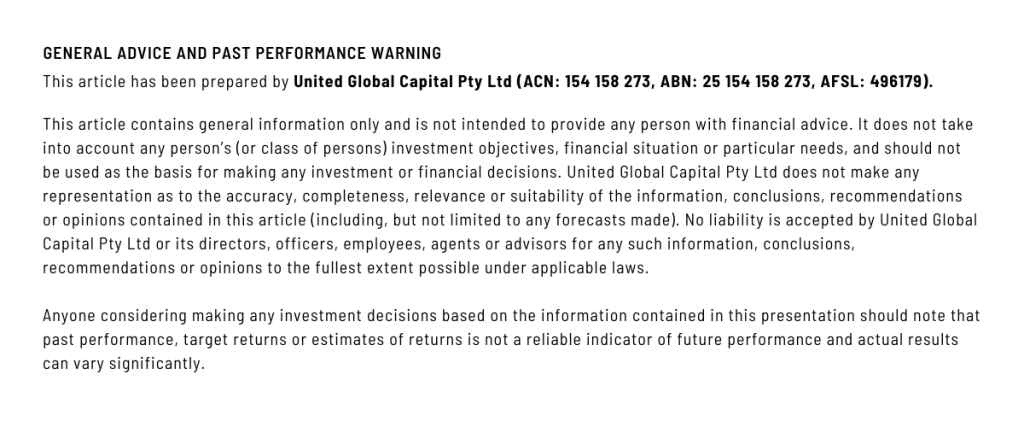Good Debt vs. Bad Debt: Making Debt Work for You
Debt — it’s a word that often carries a negative connotation. However, not all debt is created equal. While certain types of debt can indeed feel like a burden, dragging down your financial well-being, others can serve as powerful tools to build and enhance your future wealth.

One significant advantage of certain types of good debt is the potential for tax deductions on interest payments, which can improve your overall financial strategy. Understanding the difference between ‘good’ debt and ‘bad’ debt, and knowing how to leverage these benefits, is crucial to managing your finances effectively and turning what seems like a financial challenge into a strategic advantage. Let’s explore how you can make debt work in your favour and take control of your financial future.
What is Good Debt?
Good debt is an investment that will grow in value or generate long-term income, often with the added benefit of tax-deductible interest. Taking on this kind of debt can be a strategic financial decision that contributes positively to your future. Here are a few characteristics of good debt:
- Investment in the Future:
Good debt allows you to invest in opportunities that would not be available without upfront capital. This includes education, a home, or a business. - Potential to Increase in Value:
Such debt often involves purchasing assets that are expected to appreciate over time, like real estate or stocks in a promising business. - Tax-Deductible Interest:
In many cases, the interest paid on good debt, such as mortgages for investment properties, is tax-deductible, reducing your overall taxable income and enhancing the affordability of the debt.
Examples of Good Debt
- Educational Loans:
Investing in higher education can lead to higher earning potential and career advancement. - Mortgages for Investment Properties:
Not only can these properties increase in value, but the interest on these mortgages is often tax-deductible, enhancing the investment’s affordability and profitability. - Business Loans:
Starting or expanding a business can lead to greater income, making the initial loans worthwhile, especially when the interest costs are considered deductible business expenses.

What is Bad Debt?
Conversely, bad debt typically involves purchasing depreciating assets or spending on non-essential items that do not increase in value. This type of debt is often accompanied by high interest rates and can lead to financial strain. Characteristics of bad debt include:
- High Interest Rates:
These debts often come with higher interest rates, which can make them expensive to carry over time. - Depreciating Assets:
Purchasing items that lose value rapidly, such as cars or electronics, with high-interest credit can exacerbate financial losses. - Non-Deductible Interest:
Interest on bad debt generally cannot be deducted from your taxes, making this type of debt more burdensome.
Examples of Bad Debt
- Credit Card Debt:
Using credit cards for everyday expenses without immediate repayment can lead to unmanageable interest charges. - High-Interest Personal Loans:
These are often used for consumption rather than investment and carry high costs over time.
Navigating Between Good and Bad Debt
The key to managing debt effectively lies in distinguishing between necessary, value-adding commitments and those that negatively impact your financial health. Here are a few tips to help you manage your debts:
- Prioritise High-Interest Debt:
Always aim to pay off higher interest debts first, especially those associated with non-essential spending. - Invest Wisely:
Before taking on debt, consider the potential return on investment and whether it aligns with your long-term financial goals. - Maximise Tax Advantages:
Utilise the potential tax benefits of good debt by ensuring that you are aware of and claim all applicable deductions.
At United Global Capital, we understand that navigating debt can be complex. We are here to help you devise a plan that maximises your investments and minimises financial risks. Our team of experts is dedicated to providing tailored advice that aligns with your unique financial goals. Contact us today for a complimentary chat with one of our Financial Advisers.

